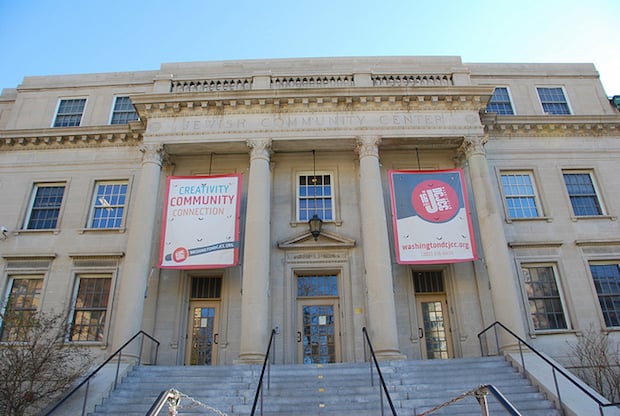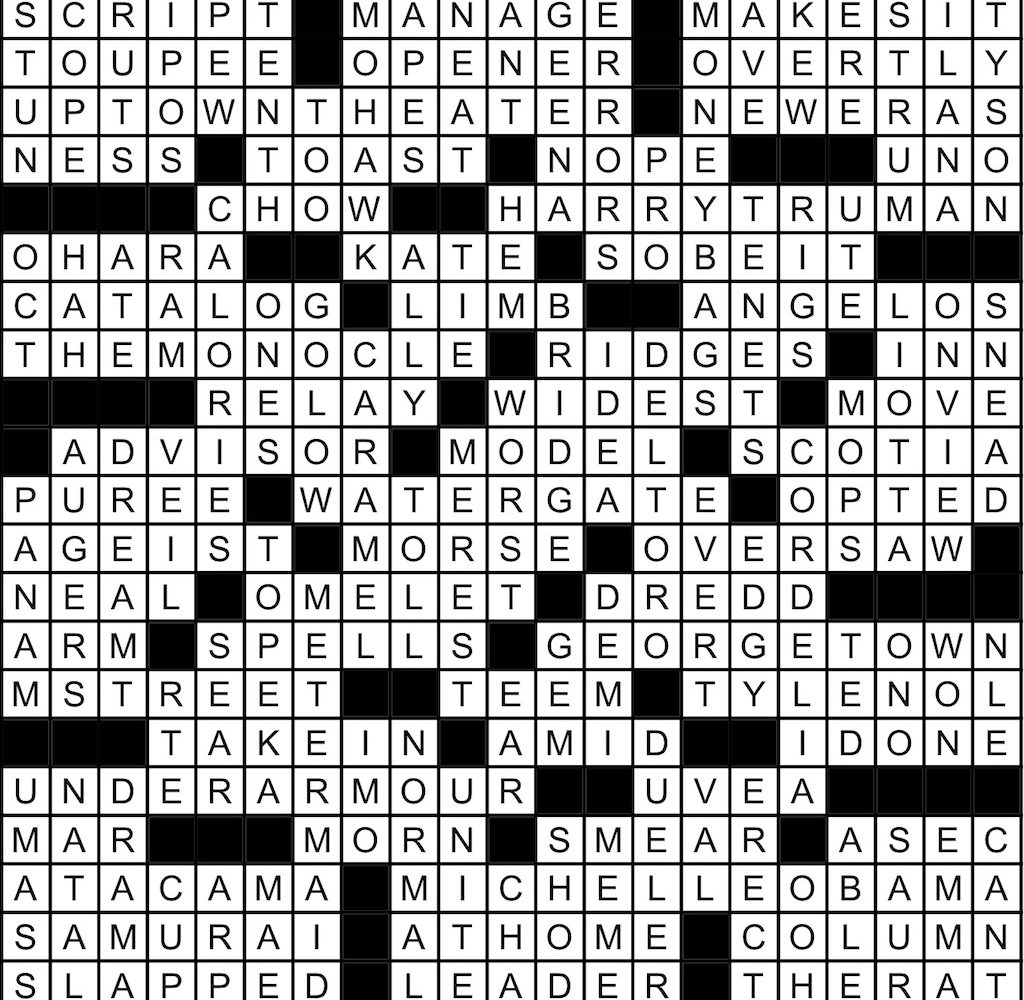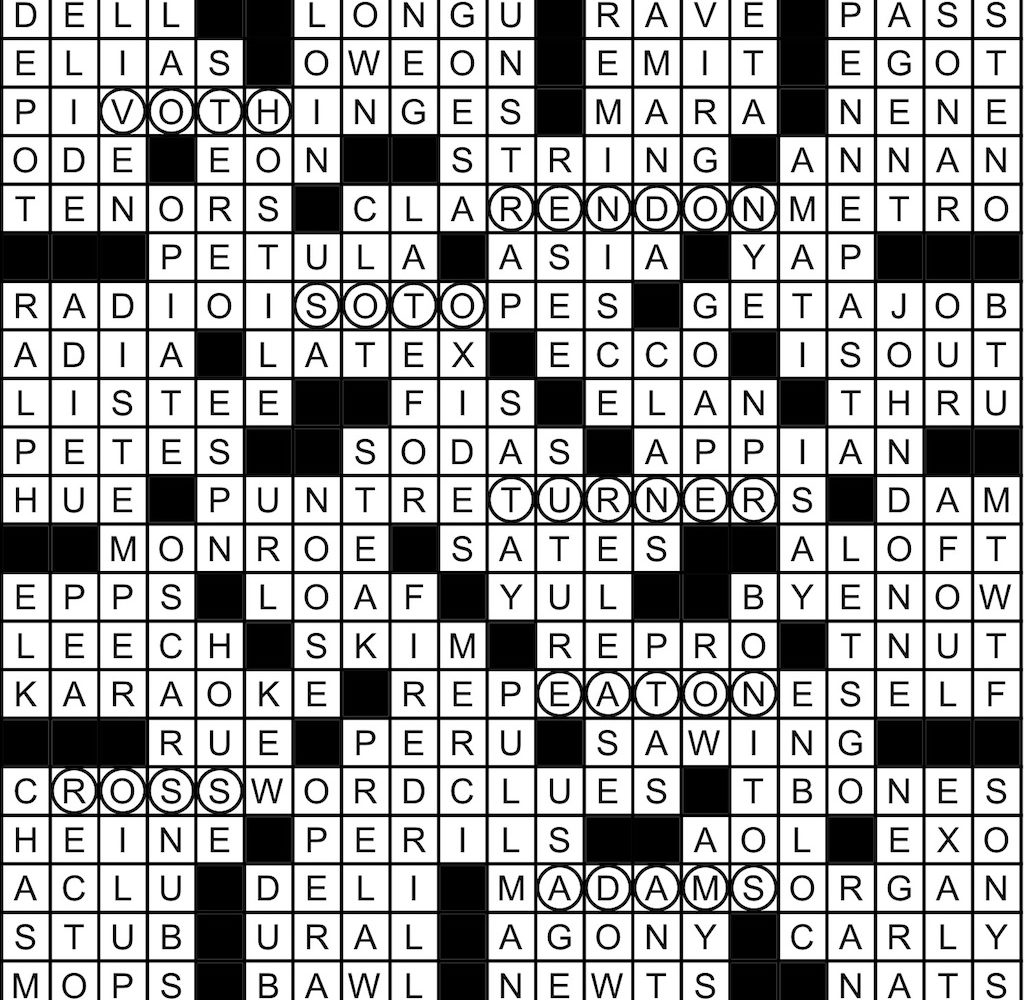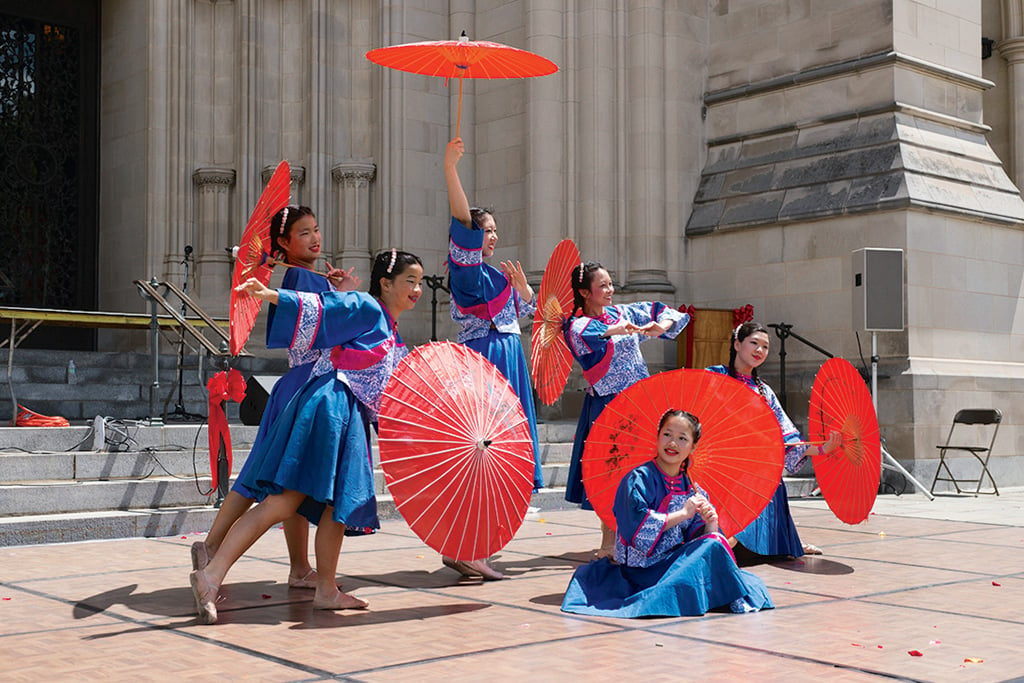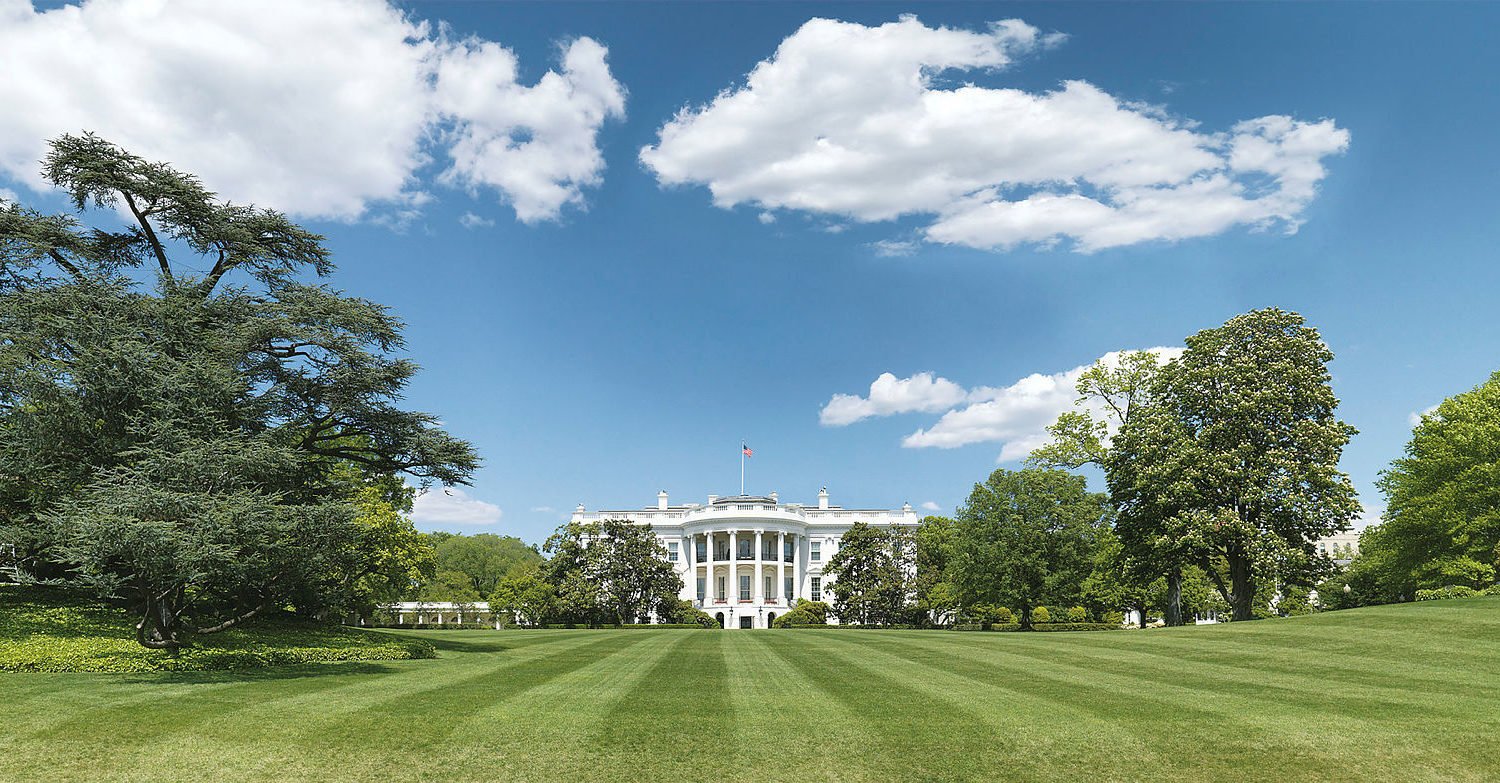Theater J artistic director Ari Roth says the leaders of the DC Jewish Community Center, which houses his theater company, yanked his “Voices From a Changing Middle East” festival, a slate of plays from the region that are often critical of Israel.
The move, which was first reported by the Jewish Daily Forward, is the latest in a string of creative spats between Theater J and its parent organization stemming from productions that take skeptical approaches toward the Jewish state. The Forward framed the festival’s cancellation as an action on Theater J’s part, but in an interview Wednesday with Washingtonian, Roth says the decision was made unilaterally by DCJCC’s board of directors.
Roth told his theater’s executive committee in a September memo that friction with the DCJCC was rising, the Forward reported. “We find the culture of open discourse and dissent within our Jewish Community Center to be evaporating,” Roth wrote in the memo.
“Theater J did not cancel anything,” Roth tells Washingtonian today. “The DCJCC, which is the parent organization, has told the theater that it is canceling future ‘Voices’ festivals. We would like them to reconsider that. We would never cancel our critically acclaimed and very profitable ‘Voices’ festival.”
But if the DCJCC does not reverse course, Roth says he will shop the series around to other venues.
“I’m committed, whether at Theater J or anywhere else, to keep the ‘Voices’ festival going,” he says.
“Voices” is not an annual event, but when it runs, it has a history of sparking controversy in the wider Jewish community. The most visible reaction came in 2011, when Theater J parterned with Tel Aviv’s Cameri Theatre to mount a production of Return to Haifa, a play based on a Palestinian novel about a couple exiled by the 1948 founding of Israel that finds a family of Holocaust survivors living in their former home. The show, which was complicated by an argument with a Chicago theater director, was praised, but stirred up controversy later when the DCJCC caught flak for presenting a show critical of Israel.
“That was a hugely successful production,” Roth says. “Three months later a little group started to protest Theater J.”
Roth says the “Voices” series is well within Theater J’s ambit to present challenging takes on Israeli politics and society.
“It engages with Israel, but shows the complexity of all manner of political, social, and environmental issues that are impacting Israelis, Palestinians, Egyptians, Jordanians, Syrians,” he says. “The entire region is of concern to us.”
The DCJCC exercised its policy against artists who side against Israel earlier this year when it canceled a June show by the Shondes, a Brooklyn rock group whose members support economic sanctions of Israel over its treatment of Palestinians. The show was relocated to the Black Cat.
Carole Zawatsky, the DCJCC’s chief executive officer, says nothing in Theater J’s current season has been removed from the schedule, and that the matter has nothing to do with donor or fundraiser concerns.
“It’s truly about the DCJCC as a community center that has a mission and vision that is dedicated to exploring a breadth of ideas in all areas from our preschool to our Washington Jewish Film Festival,” she tells Washingtonian. “We certainly do, and will continue to, explore issues around Israel.”
Zawatsky won’t comment on the content of Roth’s September letter, though she says she has a strong working relationship with Roth.
“I have tremendous respect for Ari Roth,” she says. “I think he’s one of the most talented artistic directors in the city.”
But from Roth’s side, the partnership between the DCJCC and its resident theater company sounds awfully frayed right now. Roth says he and his executive committee will spend the Thanksgiving holiday drafting a “respectful, but disagreeing” response to the DCJCC’s leaders. But he’s also keeping his options open.
“There’s a period for the JCC to reconsider a position. We hope it does, and there’s time for me to find other opportunities, venues, and context to keep presenting all the work and visions we have artistically.”
Find Benjamin Freed on Twitter at @brfreed.

